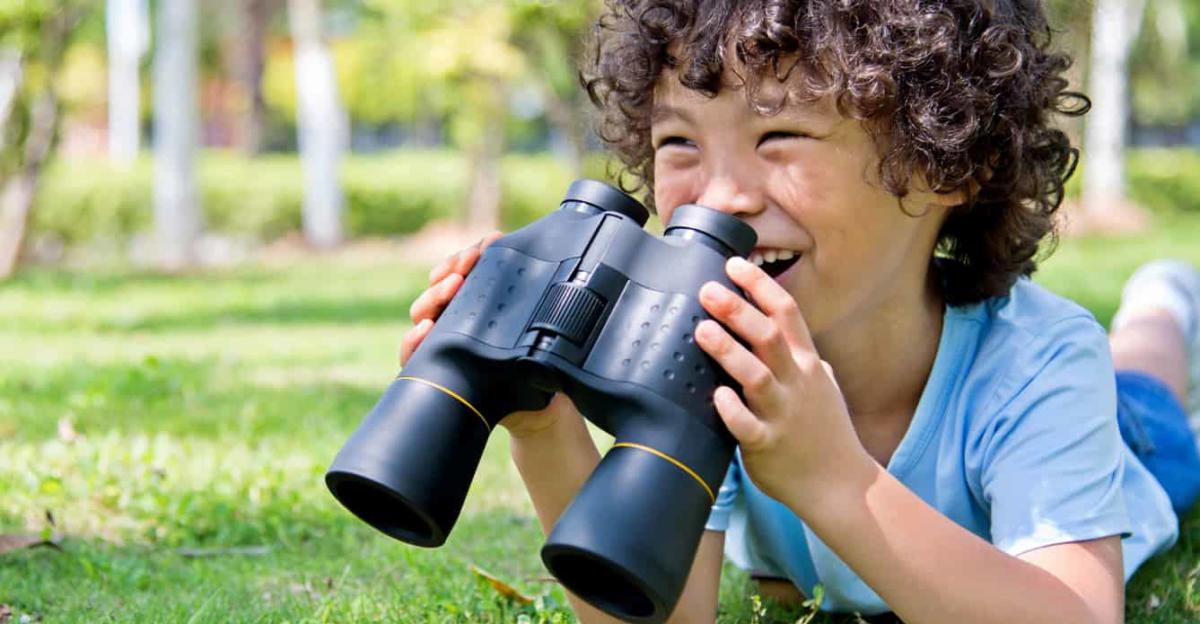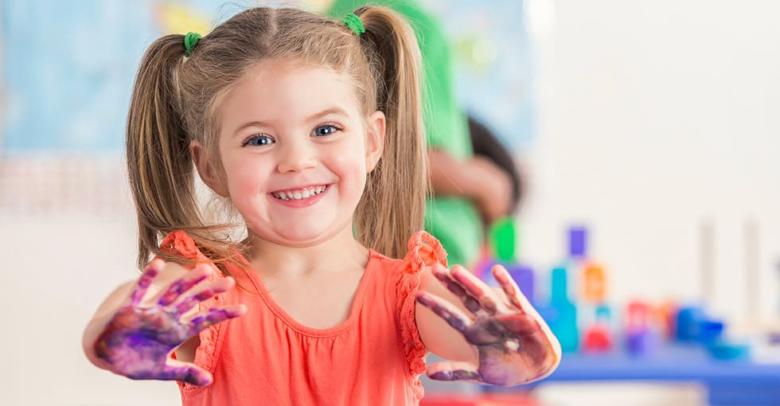During the past year, I have presented at and attended several virtual conferences for early childhood educators. The sessions that always seem to fill up fast relate to outdoor learning. This is certainly a topic of much interest around the country. And for good reason.
There is much research to support the cognitive and physiological benefits of outdoor learning. Studies have shown that children have improved well-being from time spent outside. Enhanced relationship skills, less aggression, reduced stress, increased physical activity, and better eye health and vitamin D levels from sunlight are just a smattering of the health benefits for children.
Superior academic performance can also be linked to outdoor learning. Being outside can help children have increased attention, be more motivated to learn, and control impulses more effectively. There is even proof of enhanced critical thinking, problem-solving, and creativity. Finally, research shows a boost in achievement in many academic areas. For some great graphics and more info on specific studies, check out the Children and Nature Networks website.
Outdoor Science Ideas
This idea of increased academic performance made me reflect on all the ways children can learn outdoors. Of course, we immediately think of science as the key subject to be learned in this environment. Giving children magnifying glasses, binoculars, and bug viewers, allows them to hone their observation skills as well as their knowledge of characteristics of living organisms. Seeing creatures in their natural environments can also lead to an understanding of habitats and the relationships of those organisms to their environments, which is often a science standard found in early learning state guidelines.
Outdoor Math Learning
What about a little outdoor math learning? Having some sorting trays available to classify collections gathered outdoors is the perfect start to building number concepts. Get those magnifying glasses out again to hunt for the many patterns naturally occurring in outdoor environments. Counting, shapes, and measurement can all be practiced using items found in the outdoor play area.
Outdoor Language Arts Opportunities
Language arts may seem like more of a stretch, but as children hunt for insects or collect rocks, think of the many opportunities for oral language development to describe and discuss the treasures they find. How about taking a book outside? Bring some outdoor-friendly seating options and a piece of good children’s literature about nature, and let the conversations begin. Reading comprehension and understanding the concepts of print can happen inside or out. Don’t forget to work on alphabet knowledge by gathering some rocks, sticks, or leaves to form letters. The possibilities are endless.
Outdoor Social and Emotional Learning
Finally, let’s not forget the all-important development of social and emotional skills. While there are many, many ways to work on these skills, I want to focus on one skill in particular, that of decision-making. We get good at decision-making by practicing making decisions. What better way to practice than via a little risk-taking? Many articles talk about outdoor learning presenting a venue for taking risks—jumping off something, leaping over something, doing something a little out of our comfort zone. While a child may take a risk and come away with a bump, bruise, or scrape, those are messages to improve judgment. Those same risks, while fun, are a bit stressful. Overcoming our fears by trying new and challenging endeavors can also foster resilience. Who knew a child could gain so much by riding their trike at top speed?
An ASCD article called Open-Air Learning from May 2018 discusses how many teachers avoid the outdoors as a place for learning. They worry students won’t stay on task, youngsters will encounter hazards, or they may be unable to teach the curriculum standards. This could not be further from the truth. Once we educate ourselves on the amazing benefits outdoor learning bestows on our youngest learners, how can we not embrace it as the perfect means to educate our students?
Jennifer Fernandez
Jennifer has over 30 years of experience in education. She has degrees in Elementary Education, Spanish, and Bilingual Education and holds teaching licenses in Texas and Minnesota. She has taught PreK-2nd grade in general and bilingual settings, served as a professional learning specialist for seven years, and currently presents at state and national conferences.
Read more by Jennifer Fernandez–>







Reading this blog makes me excited! Learning outdoors sounds amazing! I like how it helps us loosen up and learn. I favour the backyard with my buddies and researching together! Thank you for sharing!